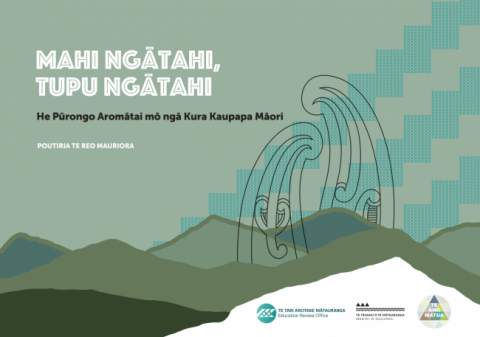Teaching approaches and strategies that work
Published: 24 Nov 2017
This evaluation looks at teaching approaches and strategies used in schools where there has been a significant increase in the number of students at or above National Standards in the upper primary school years (Years 5 to 8). We wanted to learn more about any short-term interventions or long-term strategies that may have been influential in bringing about these positive achievement trajectories. We have shared and discussed our findings from some of the 40 schools we visited.
- Audience:
- Schools
- Content type:
- Research
- Topics:
- National Education Monitoring Project (NEMP)
- National Monitoring Study of Student Achievement (NMSSA)
- Programme for International Student Assessment (PISA)




